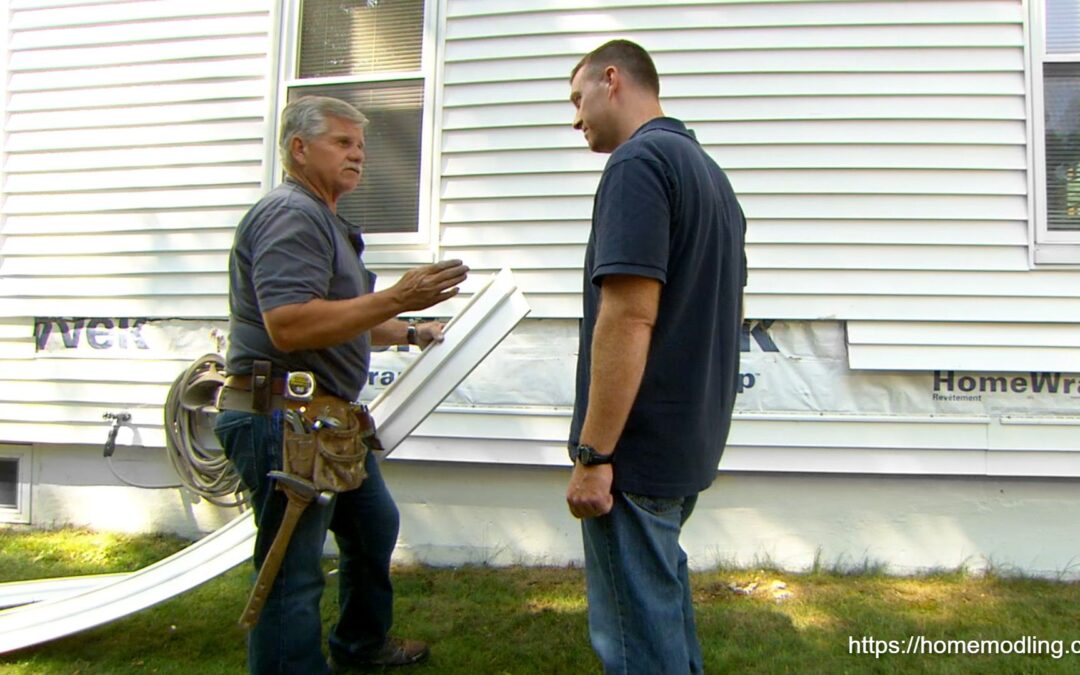Choosing the right vinyl siding for your home can significantly impact its appearance, energy efficiency, and maintenance needs. With various options available in the market, making an informed decision is crucial. Here are some key factors to consider when selecting the best vinyl siding for your home.
1. Understand Your Needs and Preferences
Before diving into the technical aspects, start by understanding your specific needs and aesthetic preferences. Consider the following:
- Climate: The local climate plays a crucial role in your siding choice. For instance, some vinyl sidings are better suited for extreme temperatures, while others may excel in areas with high humidity or frequent storms.
- Architectural Style: The style of your home should influence your choice. Different vinyl siding styles, such as clapboard, Dutch lap, or shingles, complement various architectural designs.
- Budget: Determine your budget beforehand. Vinyl siding comes in a range of prices, so knowing how much you’re willing to spend will help narrow down your options.
2. Evaluate Durability and Quality
Vinyl siding should withstand the test of time and resist various environmental factors. Consider these durability aspects:
- Thickness: Thicker vinyl siding generally offers better durability and impact resistance. Look for siding with a thickness of at least 0.044 inches.
- Wind Resistance: Check the wind resistance rating, especially if you live in a hurricane-prone area. Higher ratings indicate better performance in strong winds.
- Fade Resistance: High-quality vinyl siding includes UV protection to prevent fading and maintain its color over time.
3. Energy Efficiency
Energy-efficient siding can help reduce your heating and cooling costs. Insulated vinyl siding, which has a foam backing, provides an additional layer of insulation. This can improve your home’s energy efficiency by reducing thermal bridging and increasing overall insulation.
4. Maintenance Requirements
One of the main advantages of vinyl siding is its low maintenance. However, some types and finishes may require more upkeep than others. Choose siding that is easy to clean and doesn’t require frequent painting or sealing. Textured finishes might hide dirt and imperfections better than smooth ones.
5. Aesthetic Appeal
Vinyl siding is available in a vast array of colors, textures, and profiles. When selecting the best one for your home, consider the following:
- Color: Choose a color that complements your home’s overall aesthetic and surrounding environment. Keep in mind that darker colors may fade faster than lighter ones.
- Texture: Options range from smooth to wood-grain textures. The texture can influence the overall look and feel of your home’s exterior.
- Profile: Different profiles, such as traditional lap, Dutch lap, or vertical panels, can dramatically change your home’s appearance. Select a profile that enhances your home’s architectural features.
6. Warranty and Manufacturer Reputation
A strong warranty indicates the manufacturer’s confidence in their product. Look for warranties that cover both material defects and color fading. Additionally, research the manufacturer’s reputation by reading reviews and checking their history in the industry. Established manufacturers are more likely to provide reliable products and customer service.
7. Professional Installation
Even the best vinyl siding won’t perform well if it’s not installed correctly. Consider hiring a professional contractor with experience in vinyl siding installation. A skilled installer will ensure proper alignment, secure fastening, and thorough sealing, which are crucial for the siding’s longevity and performance.
Conclusion
Choosing the best vinyl siding for your home involves balancing aesthetics, durability, energy efficiency, and budget. By understanding your needs and preferences, evaluating quality and maintenance requirements, and selecting a reputable manufacturer, you can make a well-informed decision. Proper installation is the final step to ensure your new siding enhances your home’s curb appeal and protects it for years to come.

